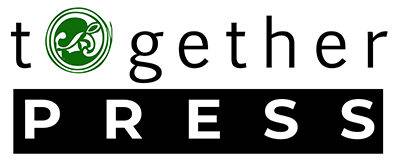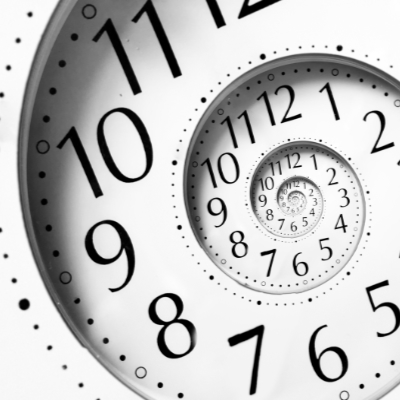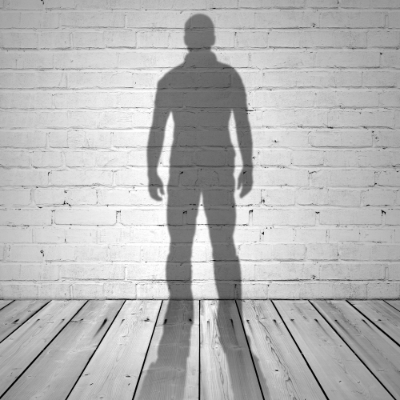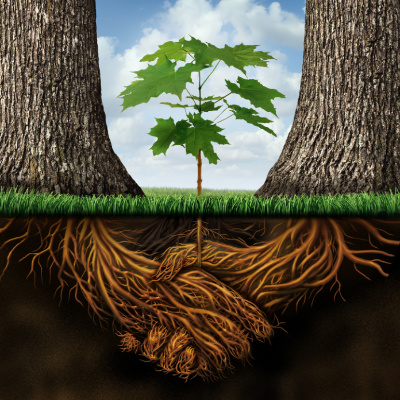Finn cuts his finger and decides to hide the wound from Father – thinking it a small ‘cutting away of the child from the man.’ Such an insignificant wound in the scheme of things, and a moment he returns to throughout the book. When he returns to in Chapter 38, it’s with potentially fatal wounds.
Finn walks home imagining Father waiting for him, and recalling the ‘I love you’ he’d accepted, but not returned. Seeing his Father’s love as mandatory, and his return of it as non-obligatory and realising it’s a reciprocal thing. Finn’s sloughing off his childhood as he walks, childhood stories are recalled and shed as he stumbles the way home. The previous night he’d had a series of hallucinations that were a form of rebirth, of reclaiming himself, including an initiation with the goshawk similar to indigenous cultures that adopt an animal totem.
Everything he goes through, a dangerous journey alone, watching Eamon being killed, becoming part of a revenge attack, drugs, alcohol, falling in love, nearly dying, surviving great odds, these things are part of what makes him grow. He becomes resilient in the face of trauma or in the case of drugs, initiated into a practice acceptable only for people of a certain age.
Becoming an adult is not something that ticks over at a certain age, or is manufactured via emulation. Sure, they play their part, but adulthood is deeper than that. We’ve all met people with varying levels of emotional maturity. I don’t believe it’s biological. The social environment many young men grow up in can be emotionally stunting. They are at risk of becoming Winchesters. Cutting off the ‘softer’ emotional states and rewarding practicality and being ‘strong men’ is the way of the psychopath. If we want to change our world, we have to foster the capability of young men to be adults of the kind that can be vulnerable enough to grow and not be shamed in the process.
I used to be a youth worker, and I met many young men whose defining forces were fear and self-loathing, who, having been born whole, had been broken by a system that requires them to disavow the parts of them that make them whole and sentences them to lives where their self-loathing plays out in aggression and quiet desperation and then they unwittingly perpetuate the system of self-loathing on their sons. To do otherwise would be to make ‘pussies’ of them, women. Thank you Roger Federer and Rafael Nader for your tears and to the world that largely celebrated them. We can change!
And then the climax, the moment Finn, seeing the hellish place his Father is in, takes up the gun and kills Winchester. Winchester represents all the corrupt bastards (and bitches) who love power and abuse it and who blindly or knowingly lead the world into ruin.
We know Finn does not have the soul of a killer. But he loves Father and cannot bear to see him suffer and makes the sacrifice of doing it himself. Killing someone may be easier than living with having killed. The killing of Winchester is also a metaphoric killing of that aspect of ourselves.
The final scene where Finn cradles Father as he cries.
Mother plays for us, serenading the moment I understand travelling to Hobart, nights in the wild on my own, learning to fight, to avenge the dead, to travel faster than a human should, to nearly die, to take a life, to start the journey of loving Akiva or Amber. Or both. None of these things have made me more than I was before. What has changed me is this moment. Holding Father as he cries, as he weeps out the burden of all those quiet years in which all the things hurting him most were stones inside him, weighing him down. This is that moment. The turning of a card saying child, and finding the word man, beneath. Father’s vulnerability is a gift…
…His strength has been inviolate. His protection, complete. It is only now, with the crumpling of his defences, that I’ve been able to see past to the man, and not just the father. In doing so, I can hold him, not as a son, but as a brother. This is the moment Father has become strong enough to be vulnerable with me. His is the gateway through which I must pass. The door of childhood closes behind me.
Manhood does not come from exerting your power over another, by taking their life, of trials and tribulations, but of being the person another turns to for succour, who trusts you with their darkness. Being someone that others can be vulnerable with. We are all vulnerable. We are all a little broken. How good would it be to have someone see the broken pieces, acknowledge them for what they are and see and show us their beauty?
Our vulnerability is a gift to others. They may not be ready for it. They may spurn our gifts. But it does not mean we are rejected. We must be brave enough to keep offering ourselves up, and being prepared to accept the gift of others. Through our weaknesses, shames, failures, our self-loathing we can be made whole again. We should never have been made broken.
Like the beauty of the Japanese ceramic tradition of Kintsugi which means golden repair – a process which honours the beauty of imperfection by repairing broken pottery by repairing the broken pieces with powdered gold, silver, or platinum. We were never made to perfect.
Imagine a world where we support young people to answer the questions: Who am I? Where do I fit? What should I do? How can I make this life better?




